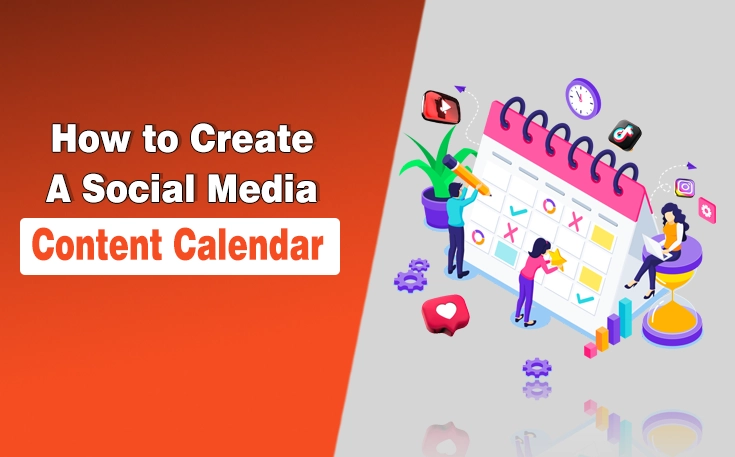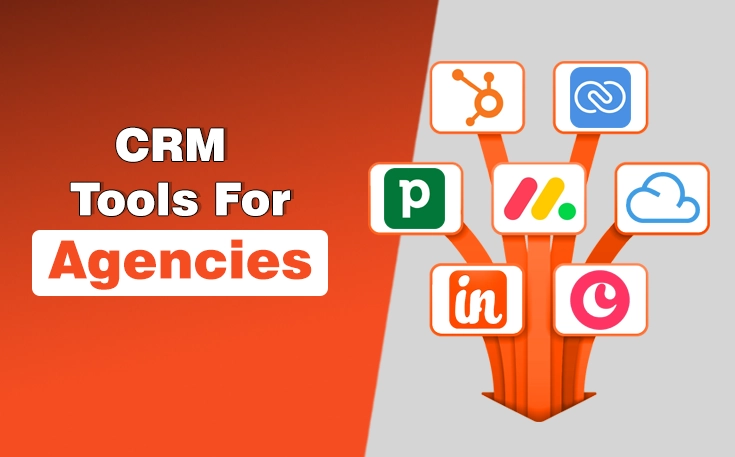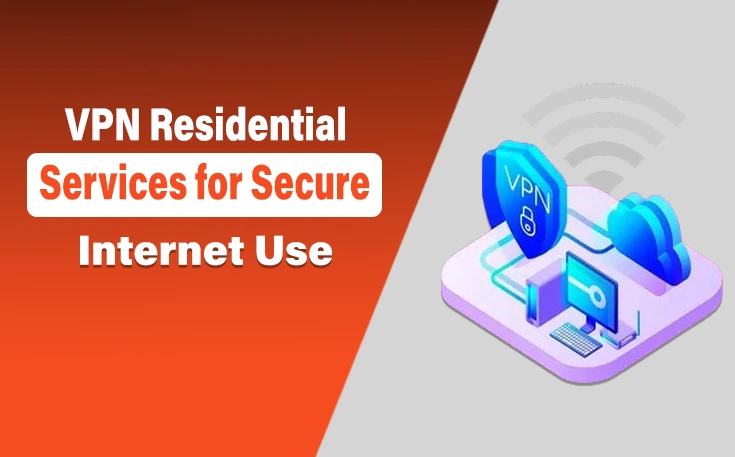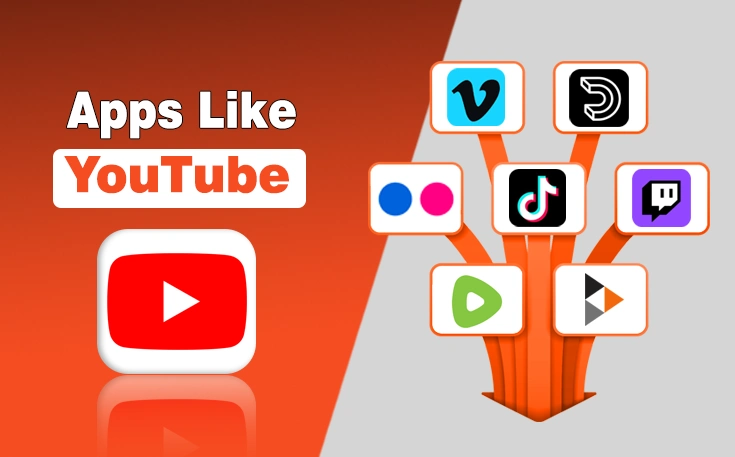Are you pouring hours into writing great content but still not seeing the rankings you deserve?
You may have optimized every keyword, polished every meta description, and ensured all on page elements are in place, yet your website still lingers somewhere beyond page one of Google. Sounds familiar?
The harsh truth is: Without strong Off-page SEO, even the best content can go unnoticed.
Search engines do not just care what your website says about itself. They care what others say about you. That’s where Off-page SEO steps in. It is your online reputation, your website’s credibility signal, and one of the most powerful ranking factors in Google’s algorithm.
In this guide, I will guide you what is Off-page SEO, how it works, and which strategies are proven to elevate your website’s authority, visibility, and ranking on search engines.
What is Off-Page SEO?
Off-page SEO refers to all optimization activities that happen outside of your website but impact your rankings within search engine results pages (SERPs).
While On-page SEO focuses on internal factors like keywords, meta tags, and content quality, Off-page SEO revolves around external signals that shape your site’s authority and trustworthiness.
In simpler terms, Off-page SEO is how the internet “votes” for your website. These votes come in the form of backlinks, mentions, shares, and engagement from reputable platforms across the web.
When you do it right, Off-page SEO:
- Boosts your site’s credibility in your niche
- Attracts referral traffic
- Increases brand awareness
- Enhances search engine trust
- Drives long-term organic growth
Together with Technical SEO and On-page SEO, Off-page SEO completes the trifecta for dominating search engine rankings.
Off-Page SEO Checklist to Improve Website Performance
Let’s now get through the most effective Off-page SEO strategies you should implement to boost your website’s visibility and authority.

1. Link Building
Link Building is one of the most effective methods of off-page SEO to acquire links from trustworthy websites to boost your website’s visibility for search engines. These links help to rank on the first page of results.
Backlinks serve as a vote of confidence and remain the backbone of Off-page SEO. So, you should make sure to get backlinks from quality, trustworthy, and high DA websites. Because these links tell search engines that your content is reliable and valuable.
However, the quality over quantity is the key.
There are two types of links:
- Natural Links: Natural Links are links that other sites link to your article as source links because they like your article information. You can get these links without doing anything but quality content.
- Self-created Links: You create self-created links through social media posting, forum posting, blog commenting, or website link exchange.
Effective link building tactics include:
- Forum Links: Participate in niche-relevant forums, like Reddit, Warrior Forum, and include your website links naturally while solving problems.
- Comment Backlinks: Leave insightful comments on industry blogs. If allowed, add your site link where appropriate.
- Image Submissions: Share branded images, infographics, and visual content on platforms like Pinterest, Imgur, or Flickr with backlinks.
- Citations: List your business on trusted directories like Yelp, Crunchbase, and industry-specific listings with consistent NAP (Name, Address, Phone).
When you follow the off-page SEO tactics mentioned above ethically, these not only improve SEO but also drive targeted referral traffic.
2. Guest Posting
Guest posting is an off-page SEO strategy that allows you to publish content on another website within your niche, linking back to your own site.
It is not just about backlinks, as guest posting builds credibility, authority, and exposes your brand to a new audience.
To succeed:
- Choose websites with a strong domain rating and relevant audiences
- Offer well-researched and helpful content that adds real value
- Avoid spammy guest post exchanges or PBNs
You can collaborate with other bloggers to post your article and allow them to post their articles on your site. In this way, you can build high-quality links to your site.
A well-researched, useful, and accurate information content draws the attention of new users to your expertise and blog.
Pro Tip: Include contextual links within the body of your guest posts for a stronger SEO impact.
3. Local SEO
For small businesses or service providers with a geographic target, Local SEO is a game-changer. Optimizing websites in localized search is an essential part of SEO and Off-page SEO.
In this way, you can optimize your web presence to be found in local searches, especially on Google Maps and “near me” queries.
Key strategies include:
- Claiming and optimizing your Google Business Profile
- Listing your site in local directories
- Getting local backlinks from chambers of commerce, local news sites, or blogs
- Using location-specific keywords and content
- Knowing your local audience’s interests to find keywords
- Designing location-specific landing pages
Pro tip: Ask satisfied customers to leave reviews on Google as it helps with local rankings and builds trust.
4. Social Media Marketing
Social media marketing is another best off-page SEO practice to share content over different social media platforms to increase your site and business awareness. There are many social media platforms where you can share, like LinkedIn, Facebook, Instagram, X (Twitter), and Pinterest.
It helps to build a strong relationship with users and encourages them to interact and engage. Also, improves impressions and clicks and drives new traffic to the site.
Social signals might not be direct ranking factors, but they fuel your SEO in powerful ways. So, when you share your content across platforms like Facebook, X (Twitter), LinkedIn, Pinterest, and Instagram, you:
- Drive fresh traffic to your website
- Encourage backlinks through exposure
- Build brand recognition and trust
- Foster audience engagement
5. Page Speed Improvement
A slow-loading website is an Off-page disaster in the making.
If users bounce due to sluggish performance, it increases your bounce rate and signals a poor user experience to search engines. Fast websites keep users engaged longer and are favored in SERPs.
The tools like Google PageSpeed Insights, GTmetrix, or Lighthouse are there that help you audit and optimize:
- Compress images to WebP Format
- Use a fast web host
- Enable caching
- Minify JavaScript and CSS
When you focus on these elements and optimize website speed, it enhances the user experience which gives Google a green signal to rank your site at the top of the SERP.
6. Broken Link Management
Broken links hurt your credibility and waste valuable link equity.
And, broken link management is one of the smartest strategies you can follow to improve your site’s off-page SEO. There may be both kinds of broken links:
- Internal broken links (one of your content may be pointing towards another content on your site, which is now moved or trashed)
- External broken links (links from external sites given to that post or page on your site that is no longer live on Google)
Now, your task is to manage both these kinds of broken links and make sure they are replaced with the links that are live and visible on Google. Below, I have mentioned the tactics for broken link management of both kinds.
How to Fix Internal Broken Links?
- Before you trash any post on your site, copy its URL.
- Open your website or blog.
- Paste the link in the search bar of your site and press Enter.
- Now, the articles will come up that contain the link to the trashed post.
- Manually check all the articles and remove the broken internal links.
How to Fix External Broken Links?
- Use Ahrefs or Semrush to find the list of external broken links.
- Disavow them with the help of search console.
- Contact the owners of the site and ask them to remove or replace the broken links.
7. Website Design Enhancement
Surprised to see this here? Don’t be.
Your website’s design directly impacts how people perceive and talk about your brand, off the site. Great UX leads to natural mentions, links, and brand growth, all of which benefit Off-page SEO.
A clean, mobile-friendly, and easy-to-navigate design:
- Reduces bounce rates
- Encourages sharing
- Increases engagement
- Builds trust
8. Indexing Issues Removal
Sometimes your best content doesn’t rank simply because Google hasn’t indexed it. And that’s also an Off-Page SEO concern. It is necessary to address the indexing issues in your site. Otherwise, Google considers it inauthentic and may not hype it in the SERP.
To eliminate the indexing issues, you can use Google Search Console to make sure:
- Your sitemap is submitted and working
- You don’t have blocked pages via robots.txt
- There are no crawl errors
- Internal and external links point to your key pages
9. Branding and Digital PR
Brand building is the most underrated Off-page SEO strategy.
When people search for your brand, talk about you online, or mention your products, it sends strong trust signals to search engines. So, you should focus on this part and make sure your social profiles are well optimized. Further, you can utilize the potential of influencer marketing for improved digital PR.
How to build brand authority?
- Get mentioned in reputable media outlets
- Use HARO (Help a Reporter Out) to contribute to expert stories
- Publish original studies or insights to be cited by others
- Engage in digital PR campaigns or co-branded partnerships
The more your brand is recognized, the more search engines see you as an authority, ultimately improving your SERP rankings.
10. Competitor Analysis
Competitor backlinks and profile analysis is an SEO technique to understand competitors’ SEO performance and keyword optimization.
You can gain insights into your competitor’s strengths and weaknesses to improve your own strategies. Check their backlink profile to know where you can link your keywords for a boost.
Competitor analysis can be done manually or through different SEO tools.
Off Page SEO vs On Page SEO
Here is a short difference between Off-page SEO and On-page SEO:
| Off-Page SEO | On-page SEO |
|---|---|
| Off-page means strategies and techniques outside of the website to increase credibility, authority, and visibility. | On-page SEO means using strategies to optimize elements to improve site position for SERP. Elements to optimize, Title, Meta Description, internal linking, content, Headings, adding FAQs, bulleted lists, and HTML tags. |
| Link building, Guest posting, local SEO, competitor analysis, blog commenting, forum posting, broken link building, social media marketing, and brand promotion. | It involves page optimization keyword research to make the content user-friendly and cater to your target audience. |
| Makes trustworthy and improves popularity through high-quality backlinks. | Improves user experience, site pages, relevancy, and readability. |
| Helps to increase brand awareness, and long-term results for SERP expands online reach, drive traffic to your website | Helps the Search Engine to understand your website content, purpose, and context. |
Why You Should Follow Off-Page SEO Tactics?
Off-Page SEO delivers significant advantages to your website and blog, and the points mentioned below will highlight them.
1 – Improve Ranking
Off-page seo techniques like quality backlinks and other strategies are green signals for search engines to recognize the website is trustworthy. When a search recognizes the website as a trusty source then it will rank its article in the first page results.
This helps to increase the organic traffic which improves the website ranking.
2 – Website Visibility
Different Off-page SEO strategies, such as blog commenting, social media marketing, and influencer collaboration, increase the website’s visibility.
These promotion posts to a large audience showcase your brand identity and build trust between the blog and users. So, large organic traffic through social platforms results in an enhanced online presence.
3 – Brand Reputation
Regularly engaging with users and industry experts through social listening, feedback, and reviews help improve the online brand’s reputation. However, more people trust your website if it has a strong reputation over the internet and search engines.
So, Off-page SEO strategies are effective ways to maintain your positive image, address users’ queries, and build a trustworthy relationship with users and search engines. It will improve brand awareness and search page rankings.
4 – User Engagement
Off-page SEO strategies, such as forum posting, blog commenting, and social media marketing, lead to user engagement. This will increase website visits, user interactions, higher conversions, and longer sessions.
So, when users frequently visit your site pages, engage in conversations, and share with friends or family, it boosts the online visibility to rank in the search engine and improves authority.
5 – Drives Traffic
Similar to user engagement, off-page SEO strategies drive organic traffic to your site. Consistently sharing content on social media platforms, guest posting, and forum posting attracts users’ attention which helps to drive them to your blog.
Organic traffic to your site not only boosts online visibility but also helps the SERP rank in result pages and makes it a trustworthy source.
Summary Lines
That’s all about what is off-page SEO and how it can help you boost your rankings in the SERP. You have to create backlinks on top websites with the help of guest posting to improve the domain authority of your site. Furthermore, writing SEO-optimized articles can signal search engines to rank you higher for a specific topic.
Other off-page practices, including the likes of competitor analysis, blog commenting, and broken link building, are also essential for long-term results. You have to combine the off-page SEO tactics with those of on-page SEO for optimal benefits.





